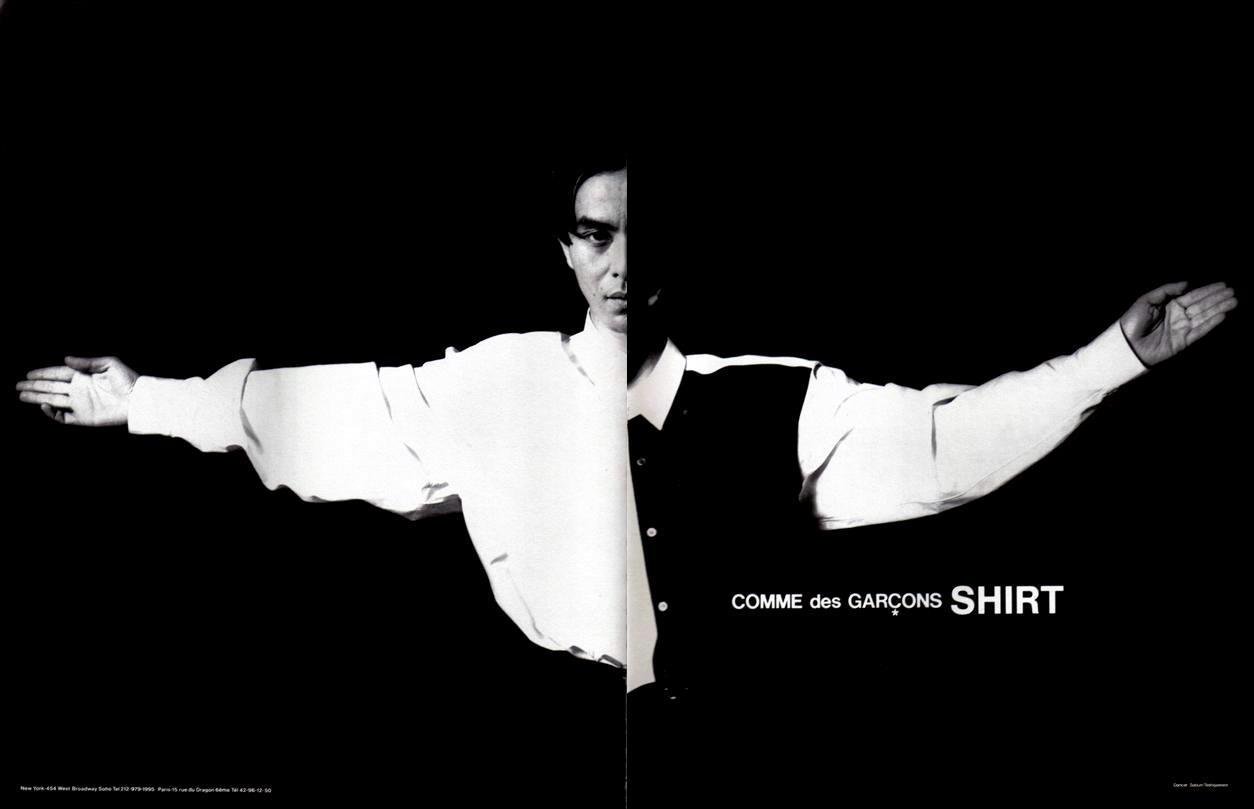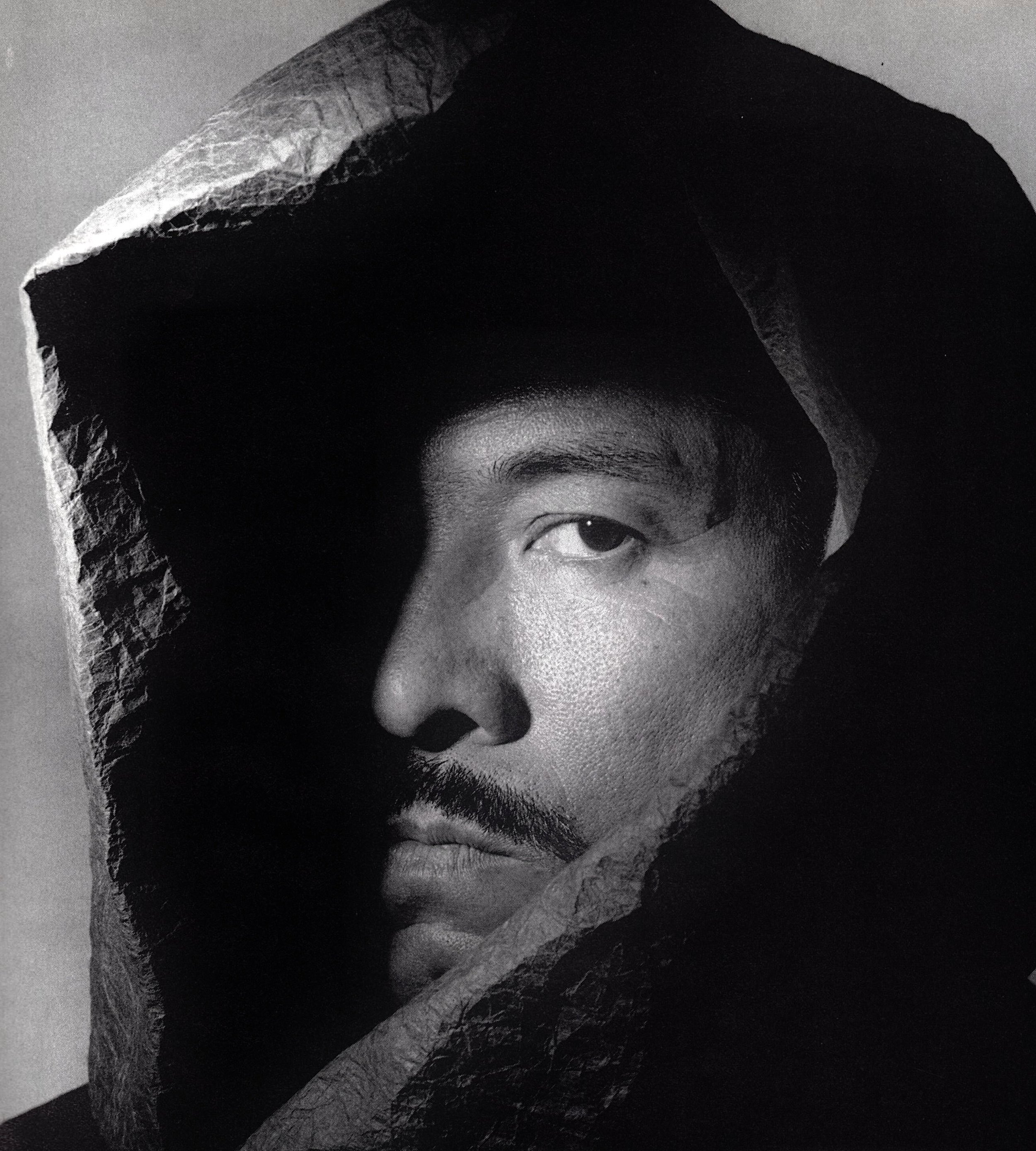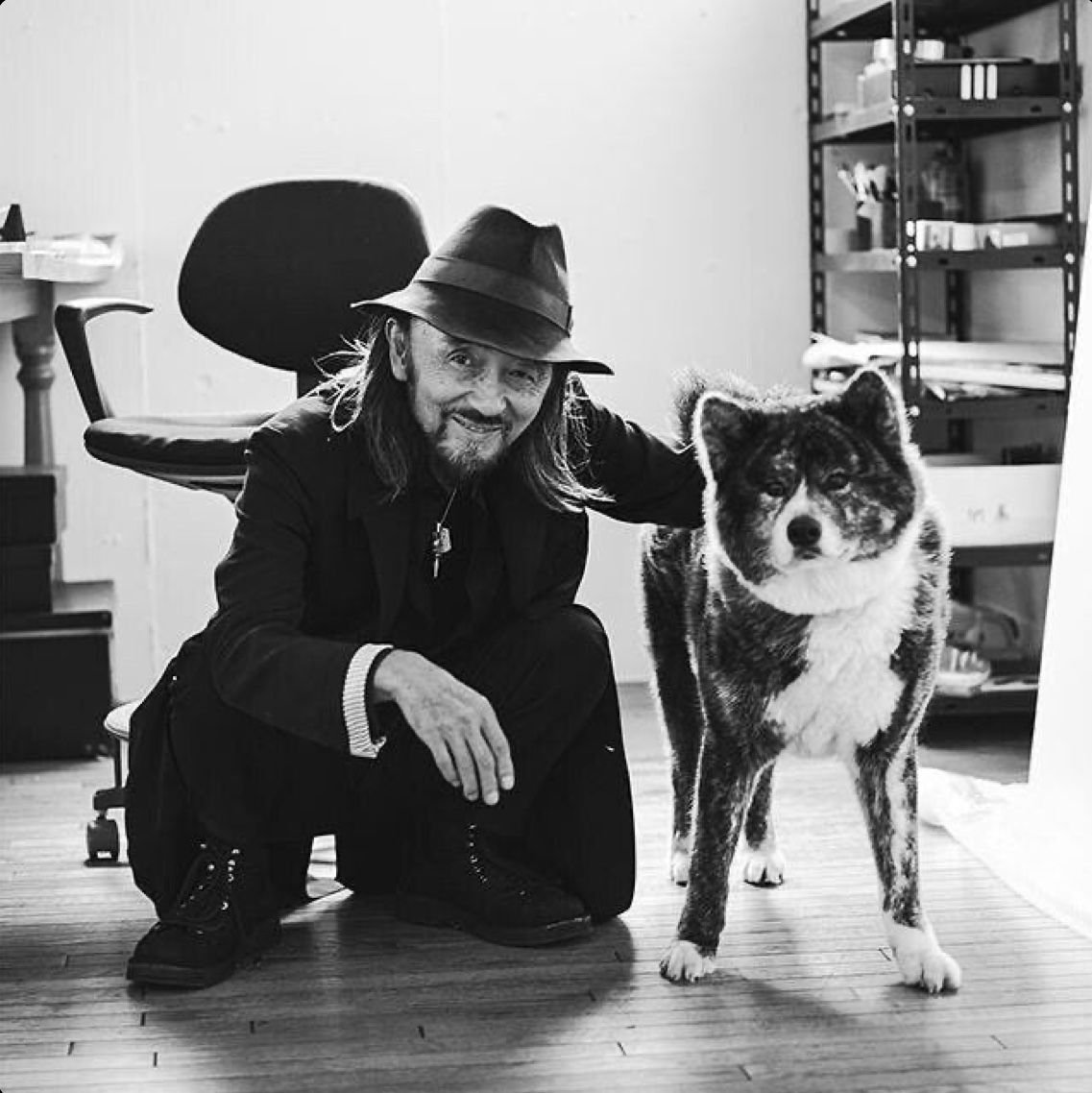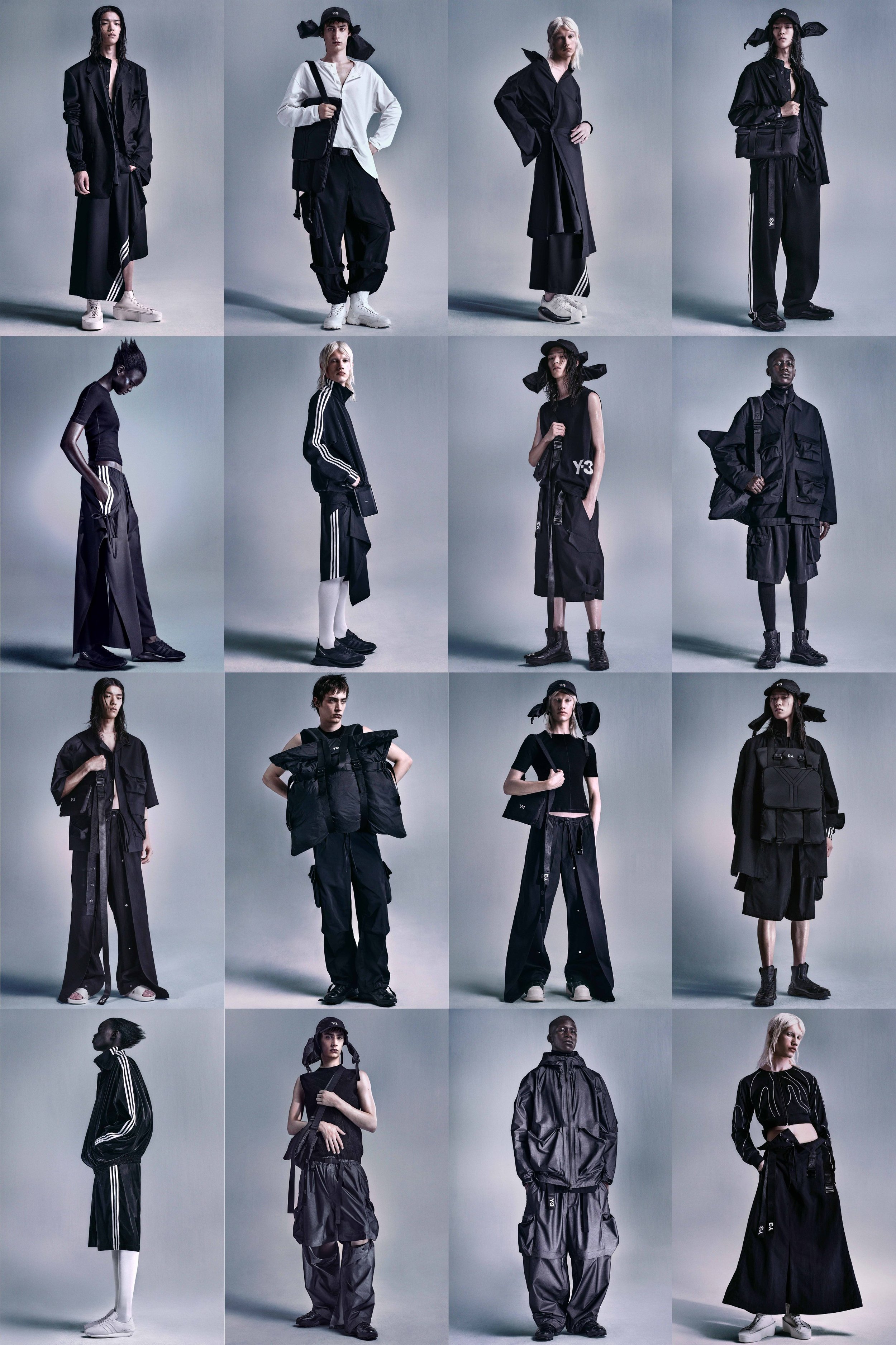Birds of a Feather, [The Karasu-Zoku] Flock Together
![Birds of a Feather, [The Karasu-Zoku] Flock Together](https://images.squarespace-cdn.com/content/v1/57825361440243db4a4b7830/1694159296470-2EUWGYB5N2HZ8RZNYTZ4/yohji+show.jpeg)
The ‘Karasu-Zoku’ [Crow Tribe] is a noted Japanese fashion subculture that consists of wearing exclusively all black, androgynous outfits and coordinating accessories.
Experiencing a peak in notoriety during the 1980s, its seismic influence continues to be felt in fashion to this day.
Named from the appearance of a group of crows all congregating together, Karasu-Zoku outfits were made up of dressing the entire body in all black. Spearheaded largely by designers Yohji Yamamoto and Rei Kawakubo
In 1981, Yamamoto and Kawakubo made the move to showcase their first collections in Paris. The AW81 womenswear collection by Yamamoto was set to a soundtrack of an amplified heartbeat and featuring pale, bare-faced models donning black, oversized shapeless silhouettes adorned with rips and holes. Dubbed by journalists as “Hiroshima chic”, the public struggled to make sense of what this new quiet movement in fashion was trying to express. Japanese audiences were even more aghast; as wearing black was strictly reserved for funerals and those in mourning. To wear an all black uniform was otherwise seen as an utterly anti-social move.
Despite all the negative reviews, in retaliation against the feminine, cute and polished aesthetic; the crows began to swoop in on the streets of Japan. An anti-fashion move against the preppy, gendered and form-fitting silhouettes--their look was to rebel in head-to-toe black. Androgynous accessories, atop frayed midi-skirts and billowed trousers. Genderless fashion; a novelty for the times, was already demonstrated by the Karasu-zoku, hyper aware individualists who could care less what people thought. Giving non-conformists a new subculture to call their own.
Once interviewed about the usage of black in his collections, Yamamoto infamously stated;
“Black is modest and arrogant at the same time. Black is lazy and easy and mysterious. It can swallow light or it can make things sharp. But above all, black says “Don’t Bother Me.””





